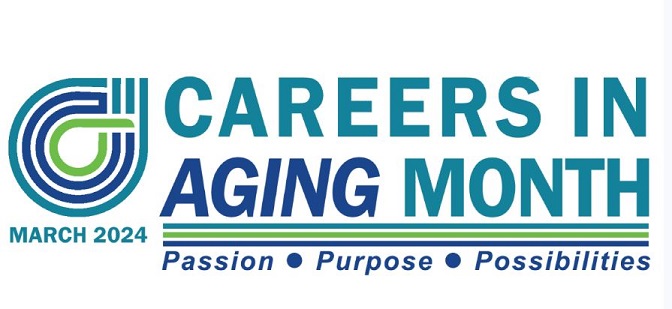With winter and holiday gatherings right around the corner, it’s important to be well-prepared against respiratory viruses.
For the first time, vaccines are available to help protect against severe illness caused by all three of the major fall and winter respiratory viruses—flu, COVID-19, and RSV. People may choose to get flu, COVID-19, and RSV vaccines at the same visit if they are eligible, making it easier to stay up to date with CDC-recommended vaccines, while others may prefer to get their recommended vaccines at separate visits.
For those people, there is no need to wait a specific amount of time after receiving one vaccine to get the next one. Getting all three vaccines at the same visit can help protect people who are at higher risk of getting seriously sick from flu, COVID-19, or RSV or who may not be able to return to their provider.
Scientific studies during the last three years indicate that it is safe to get both a flu vaccine and a COVID-19 vaccine at the same visit. Additionally, coadministration of flu vaccines and the new RSV vaccines was found to be safe in clinical trials. While there are no clinical trial data on getting all three vaccines at the same time, CDC is continuing to monitor the safety of RSV vaccines, as it does for all vaccines. Getting multiple vaccines at the same visit may increase the risk of some side effects from vaccination. When side effects do occur, they are typically mild to moderate, like arm pain, swelling, headache, and fatigue. These side effects are usually short-lived.
Whether individuals choose to get flu, COVID-19, and RSV vaccines at the same visit or at separate visits, the most important thing is that they get all vaccines recommended to protect themselves against these and other potentially serious illnesses this fall and winter.
Additional Resources Available on #GetVaccinated Website.
- Explore “Vaccine Information for Residents and Staff,” a hot topic brief for providers that emphasizes the crucial role of providing residents, their families and staff Vaccine Information Sheets (VIS).
- Discover new insights in “Pneumonia Vaccine Timing for Adults” to help ensure adults stay up to date with pneumococcal vaccinations.
Access the latest #GetVaccinated resources.








